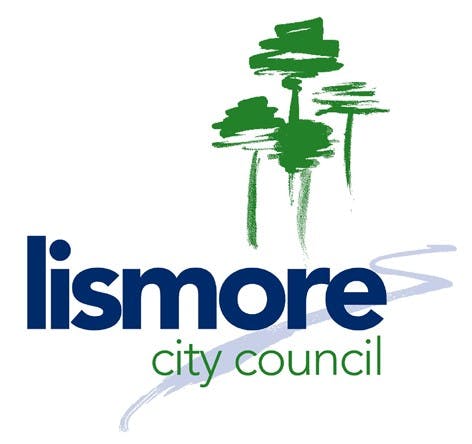Lismore Floodplain Risk Management Plan
Consultation has concluded

Background and Purpose
Following completion of the Lismore Floodplain Risk Management Study (including flood study update), Lismore City Council has engaged engineering consultants Engeny Water Management to prepare an updated Lismore Flood Risk Management Plan (the Plan), with funding support from the NSW State Government.
The Plan will be an update of the current Lismore Floodplain Risk Management Plan which was completed in 2014. The updated Plan will be developed with consideration from input provided by the community and other external stakeholders. The recently developed flood model will also be used to quantify expected changes to flood levels and risk to further investigate mitigation options.
The Plan will consider engineering (i.e. structural mitigation), planning (land use zoning, development control, house raising, house purchase, etc.) and emergency management (flood response, flood warning, community awareness, etc.) measures identified in the Lismore Floodplain Risk Management Study, as well as new solutions including, but not limited to, nature based solutions to mitigate the identified risks.
The solutions will focus on achieving practical, ecological, sustainable and economically feasible outcomes to manage existing and future flood risks. The Plan will outline the recommended solutions as well as an implementation strategy.
Community Engagement
Community engagement forms a key component of the project and community input is highly encouraged. Council and Engeny will seek feedback from the community to identify community concerns and seek input on preferred mitigation options. Community consultation will be in the form of two (2) face to face feedback and information sessions, online information and feedback via Council’s Your Say webpage, and Council’s Facebook page.
Further details regarding Community Engagement will be advised once finalised, however stages of engagement are anticipated to be:
- Project introduction and identification of community concerns (current)
- Community feedback on initial mitigation options (to be confirmed)
- Community feedback on mitigation assessment outcomes (to be confirmed)
- Public exhibition of draft plan (to be confirmed)
Project Stages
The project stages are as follows:
- Further refinement of flood model
- Identification of impacts on the community
- Derive information to support land use planning and emergency management decisions
- Mitigation option identification and assessment
- Development of the draft plan including implementation strategy
- Public exhibition of draft plan
- Finalisation of the plan
Feedback through the community has closed due to ongoing changes with flood impacts.



